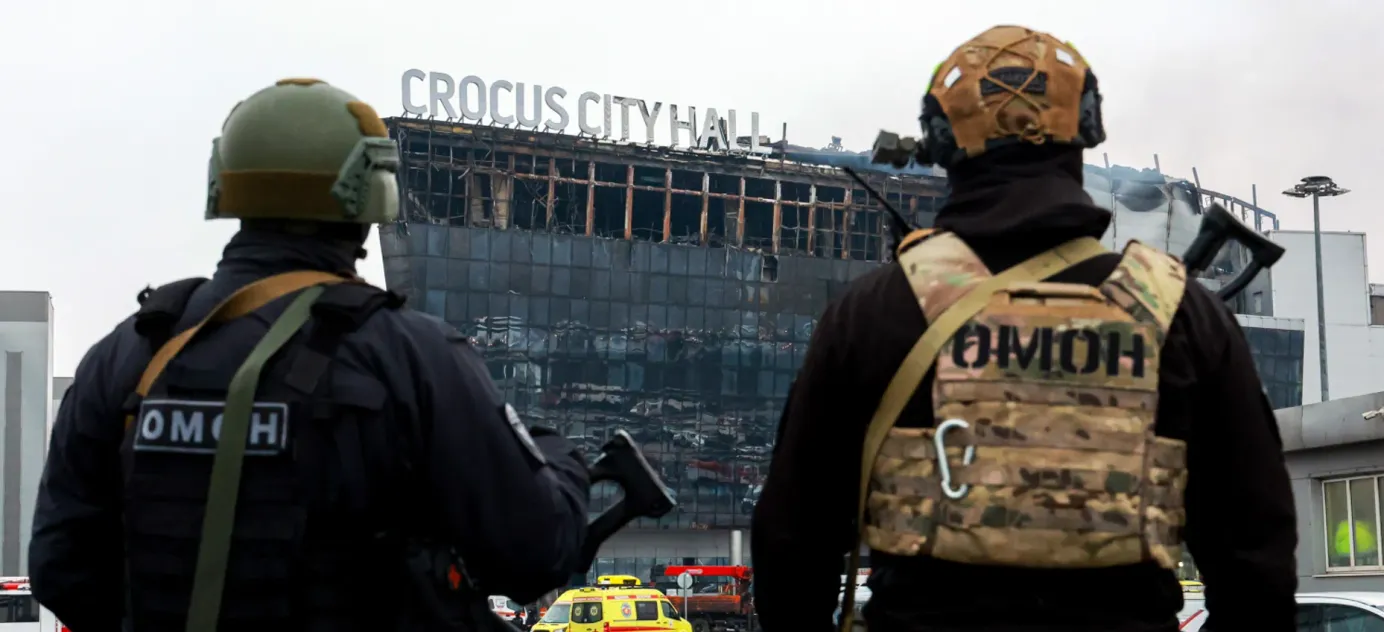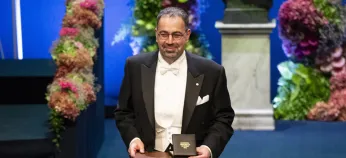
Russians calm in the face of Ukraine’s counter-offensive
It has been more than a month since Ukrainian forces crossed the border into the Kursk region, launching a surprise offensive into Russian territory. In that time they have captured hundreds of Russian prisoners of war and occupied more than 1,000 square kilometers of land in the first invasion of Russian territory since World War II. Yet for the most part, Russians are ignoring it. The Bell editor Vyacheslav Dvornikov discussed the attitude of Russian society with Alexei Levinson, head of Levada Center’s department of socio-cultural research and one of the most respected sociologists in Russia.
- There is almost no shock over what is happening in the Kursk Region, according to Levinson. For Russians, the issue is viewed in the abstract — without any real awareness of the situation. When people express an opinion on Ukraine’s incursion, they tend to regard it as some kind of natural disaster: people are dying, but there is no interest in the root causes of why it is happening. This can be explained by a state of emotional numbness that researchers have observed over the past couple of years, Levinson said. But even he admitted being surprised by the passivity being displayed by Russians. “As a researcher of Russian society, I cannot clearly explain why most people in Russia barely respond to incidents in the war, not even military incursions into Russian territory.”
- To an outside observer looking at Russia, it could easily seem as if there is no war at all, and certainly no apparent signs that a foreign army has occupied a swath of Russian territory. People in Moscow walk the streets without concern, music plays, the party goes on. But in reality this is an illustration of how Russian society has adapted to the current situation, including on the economic front having had to deal with sanctions and high inflation for the last three years. This adaptation process involves attempting, as far as possible, to gloss over the impact of what is happening or to pretend that it is not happening at all, Levinson explained. From his point of view, the key feature is that Russian society is trying not to change in response to the war and its related upheavals.
- According to Levada polls, a significant chunk of the Russians who support continued military activity in Ukraine (42%) do so out of a belief that the country needs to “finish what we started.” At the same time, the proportion that believes Russia needs to “destroy and eradicate fascism and Nazism” (Putin’s official reasons for the war) is just 18%. For these pro-war sentiments to change, Levinson believes public feeling must first switch to an attitude of “screw it!” But that can only happen against a backdrop of mass public despair — of which there are so far no signs. An apparent readiness for peace negotiations is often regarded as a sign of combat fatigue across the country, but sociologists see no direct evidence of this. “Of course, people would prefer to live the way they did before the war, but not at the cost of retreating from the occupied territories and especially not at the cost of paying reparations,” Levinson said.
- Although Russians have largely ignored Moscow’s annexation of four Ukrainian regions — few have any interest in this territory — they are concerned that giving them back would represent a military defeat, Levinson said. They also see no intrinsic value in the occupied territory, but rather that holding them demonstrates that Russia is standing up to the United States and NATO. “This creates an interesting construction of a new claim to global leadership, recalling the time when the Soviet Union led a movement of non-aligned countries. Now we’re seeing an attempt to rebuild something similar: it’s backed by Africa, Asia and other countries that don’t like America. This inspires Russians because it creates a sense that the world is not entirely against us, unlike the feeling of a blockade which began after the annexation of Crimea in 2014,” Levinson explained.
- Over 10 or 20 years, demographics will inevitably bring about a change in Russian society. Among the younger generations there are more people who do not support the war. However, Levinson does not think this will inevitably lead to a complete transformation of Russian society. For example, many of those who welcomed the emergence of democracy in the 1990s following the collapse of the USSR went on to form the bedrock of Putin’s support.
Why the world should care:
In general, Russian society prefers to ignore Ukraine’s counter-offensive into the western Kursk region — just as for the last two and a half years it has overlooked Ukraine’s mass shelling of border areas in Belgorod. This largely reflects the current mood in Russia. Many, including the country’s leaders, prefer to ignore difficult problems in the hope that they will simply go away.





